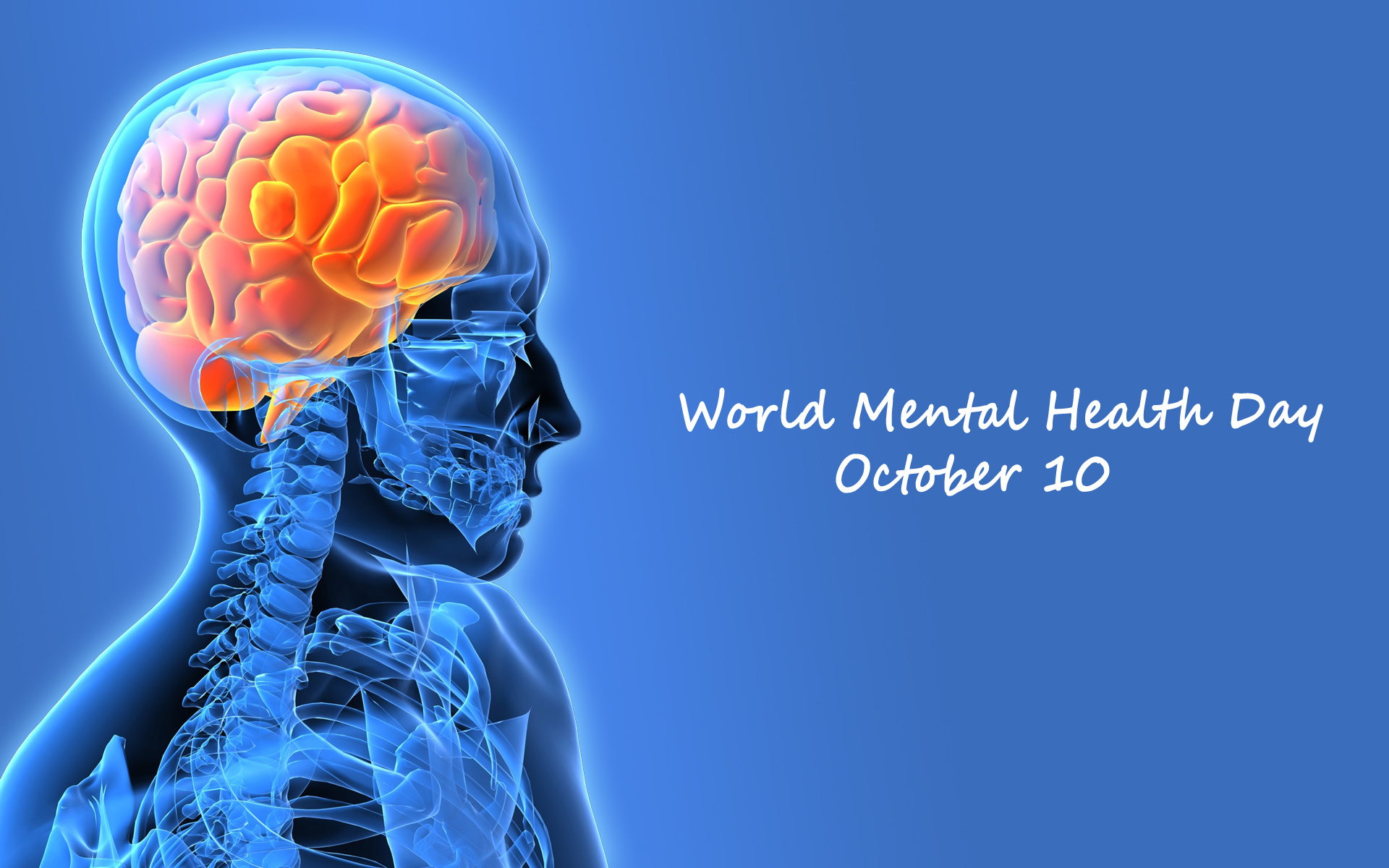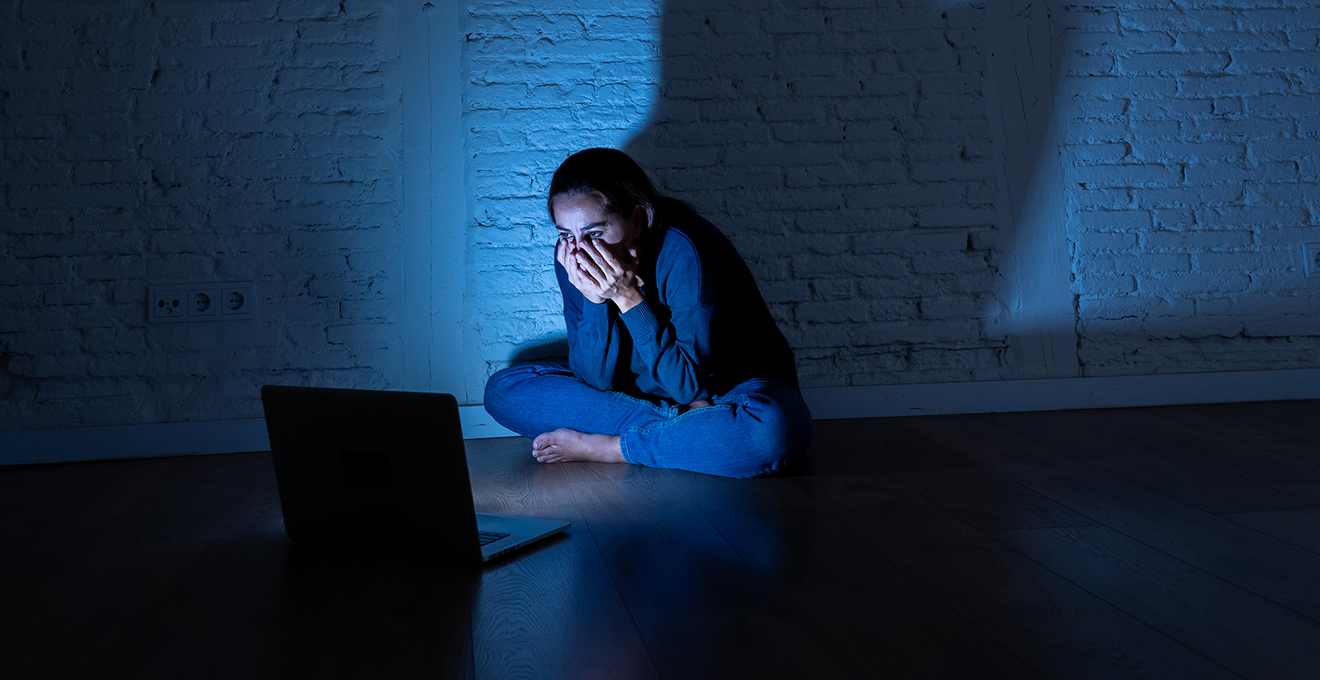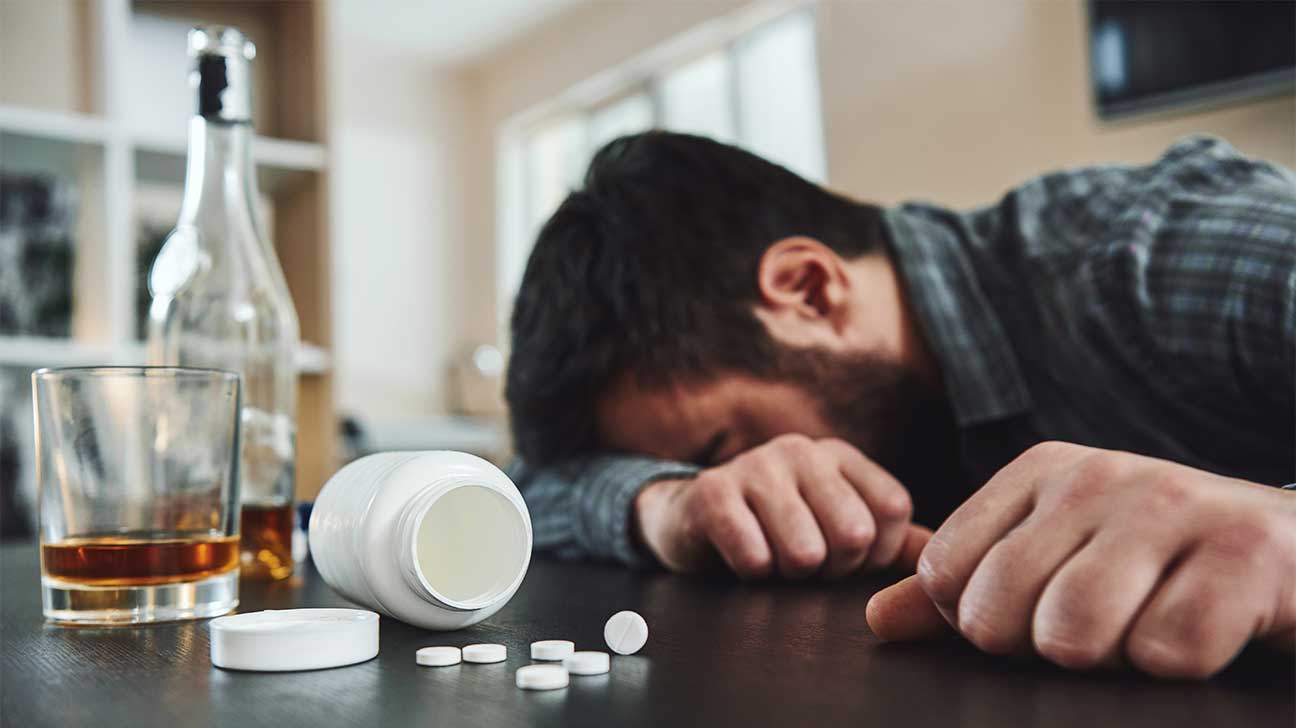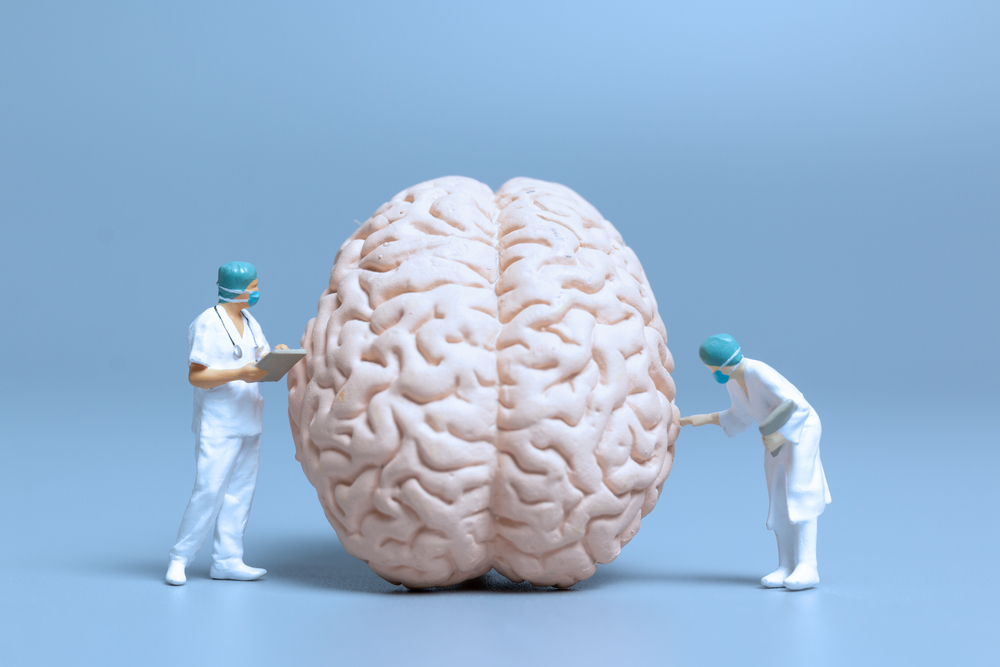Mental Health
Author : Dr.Tulika | 18 Dec 2023

The term "mental health" relates to people's cognitive, behavioral, and emotional wellbeing. It all depends on how individuals think, feel, and act. The word "mental health" occasionally refers to the lack of a psychological disorder. Mental illness can negatively impact daily life, friendships, and physical wellbeing. This connection, however, also goes both ways. Mental health troubles can be caused by various reasons, including personal experiences, interpersonal relationships, and physical conditions. Taking care of mental health might help one's capacity to value life. To do so, you must strike a balance between your daily activities, duties, and attempts to improve your psychological resilience. Stress, despair, and anxiety may all impact a person's mental health and disturb their daily routine.
What Is Mental Health?
Psychological, emotional, and interpersonal wellbeing are all part of mental health. It has an impact on how individuals think, feel, and behave. It also aids in determining how a person copes with stress, interacts with others, and makes good choices. Mental health is critical at all stages of life, including childhood, adolescence, and maturity. Despite people using the phrases interchangeably, mental illnesses and poor mental health are not synonymous. A person's mental health can deteriorate without being identified with a mental condition. A person suffering from psychological illnesses can also go through times of mental, physical, and social wellbeing.
The World Health Organization emphasizes that the meaning of mental health is more than the lack of mental diseases or impairments. Peak mental health entails eliminating active mental illnesses and maintaining overall wellbeing and happiness. They also underline the need to protect and repair mental health on an individual level and in many civilizations worldwide. Mental health issues are frequent, but there is assistance. People with mental illnesses can improve, and many will recover entirely.
What Is The Purpose Of Creating Mental Health Awareness?
Mental health affects everyone somehow, from anxiety and sadness to OCD and schizophrenia. Suicide kills about 50,000 individuals every year in the US alone, and mental health disorders play a substantial role in this. "Awareness" is defined as "knowledge or observation of a condition or reality." To begin spreading mental health awareness, think about what mental health represents to you and the people you care about. While a person is practicing social separation, this initial step may appear unattainable. People may, however, use the internet to improve mental health awareness.
Whatever you could improve mental health awareness is a huge step forward. As per Mental Health America (MHA), about one in five persons will have a mental illness at some point in their lives. Even though mental illness affects so many individuals, there still is a stigma associated with getting assistance or discussing mental health issues. Mental health awareness initiatives aim to de-stigmatize mental health problems and initiate meaningful conversations about them. People can only effect change if they take action, and promoting awareness of mental health is a critical activity that practically anybody can undertake.
Mental Health Day

Every year on October 10th, the World Health Organization commemorates World Mental Health Day. The overarching aim of World Mental Health Day is to promote global awareness of mental health concerns and organize support for mental health initiatives. The Day allows stakeholders dealing with mental health conditions to discuss their work and what else needs to happen to make psychological care an actuality for people worldwide.
Everyone goes through varying degrees of stress. If you're also suffering from depression or anxiety, this might be much tougher to deal with. When you feel your anxiety levels have hit an all-time high, it may be best to take a little vacation to reset. Having a mental health day—a single day off dedicated to stress alleviation and burnout prevention—may be the most acceptable possible option you can take for yourself at times. While a mental health day will not fix the underlying issues that contribute to burnout, it will give a much-needed respite to halt, regroup, and return with more vitality and a new, less-stressed viewpoint.
Why Is Mental Health Important?
Now, more than ever, mental health is critical. Almost every facet of existence can improve if you put your mind to it. The value of excellent mental health pervades anything you do, feel, and say. There are several factors to be concerned about mental health. It is critical to maintaining positive actions, feelings, and attitudes. Concentrating on mental health may help us be more productive, boost our self-esteem, and improve relationships. Nurturing mental health benefits you in more ways than one. It allows you to perform better in your regular tasks. It could also help you deal with a few physical issues connected to a mental health condition. Because cardiovascular disease and anxiety are linked, reducing stress may have a beneficial effect on heart disease.
Other advantages of caring for one's mental health include:
● Mood improvement
● Anxiety reduction
● Increasing your feeling of inner serenity
● More lucid thinking
● Relationship improvement
● Boosting self-esteem
Problems of Mental Health
You could be seeking information about your diagnosis if you or someone you know was suffering from a mental health condition. The preceding are among the most severe mental health issues.
Anxiety Disorders
Anxiety disorders include OCD, general anxiety disorders, specific phobias, social phobias, panic disorders, and post-traumatic stress disorder. If left untreated, these disorders may have a substantial impact on people's everyday lives.
Children's Behavioral And Emotional Problems
Conduct disorder (CD), oppositional defiant disorder (ODD), and attention deficit hyperactivity disorder (ADHD) are all common behavioral problems in children (ADHD). Therapy, education, and medication may treat various mental health conditions.
Depression
Depression is an emotional condition marked by a drop in mood, a lack of interest and pleasure, and energy loss. Depression manifests itself in multiple ways and manifests itself in various ways. Depression manifests itself in various ways, with different levels of intensity and symptoms. Depression symptoms might worsen suicidal feelings or behaviors.
Bipolar Affective Disorder (BAD)
Bipolar disorder is distinguished by periods of depression and mania. Psychotic symptoms may or may not exist in the individual. Although the actual reason is uncertain, a hereditary tendency can also be the reason. Stressors in the environment might potentially set off bouts of severe mental disorders.
Eating Disorder
Anorexia, bulimia nervosa, and other binge-eating disorders are examples of eating disorders. Females and males alike are affected by eating disorders, which can have significant psychological and physical implications.
Obsessive-Compulsive Disorder (OCD)
Obsessions are invasive and unwelcome recurring thoughts, visions, or urges. Impulses are time-consuming and painful routines repeating again and over again. Cognitive behavior therapy (CBT) and medicines are examples of therapies.
Types Of Mental Health Tests
There is no standard test that can tell you whether you have a mental disease or mentally well. Instead, a mental health expert who has done a comprehensive assessment diagnoses a mental disease. If you're concerned about your mental health condition, the first step is to schedule an appointment with your doctor for a psychiatric evaluation. A physical exam, blood testing, questionnaires, and interviews are all standard components of this evaluation.
Lab Tests And A Physical Examination
Because some medical diseases can cause or resemble a mental health condition, lab testing or a complete physical examination may be required. Hypothyroidism, for example, can cause depression-like symptoms. When that's the case, addressing the thyroid problem may improve someone's emotional wellbeing.
Screening For Mental Health
A mental health evaluation, which includes inquiries about your feelings, habits, and thoughts, maybe conducted by your doctor. You may have to explain the symptoms you've been experiencing, including when they started, how often they've occurred, and how much they've affected your life. You may also be requested to complete several screening questionnaires as part of this process.
Mental Health In UAE
As the healthcare sector works to deliver high-quality care throughout all disciplines across the pandemic, the topic of mental health is being more widely discussed so that individuals do not suffer silently. Despite the lack of specific information on mental health, depression or anxiety are among the top 10 causes of illness in the UAE. It is the most often identified mental health condition among patients, and it can also be side effects of diseases like borderline personality disorder and bipolar disorder. There must be a greater understanding of how mental diagnoses are made and the consequences of making a mistake.
Although progress has been achieved in addressing individual wellbeing by promoting mental health in Dubai, research shows that patients do not get psychological help due to societal stigma. MOHAP has created Hayat (life), a mental health support program during the pandemic, to aid with this. In addition, the National Program for Wellbeing established a specialized telephone therapy hotline to assist persons who are experiencing psychological difficulties or worry. Private clinics also offer community-based psychologist-led support sessions cheaper group treatments to encourage long-term solutions to the increasing need for mental health care.
How To Improve Mental Health?
You may enhance your mental health by doing a variety of activities. Here are some tips for mental health improvement:
Keeping An Optimistic Attitude
Maintaining a good mindset is critical; establishing a balance between positive and negative emotions is one method. Keeping a happy attitude does not imply that you will never experience bad feelings. You must be able to feel them go through tough situations. You wouldn't want those feelings to take control, though. Attempting to hang on to happy emotions when they arise—taking a vacation from the terrible news.
Practice Being Grateful
Make an effort to be grateful for the beautiful aspects of life. It's beneficial to do it daily, either by pondering about or writing down what you're grateful for. When you're depressed or anxious, for example, you might not realize the times when you're feeling good. Gratitude can assist you in identifying them.
Physical Health
Because your mental and physical health is intertwined, take good care of your physical health. Exercise can help you feel less stressed and depressed while improving your mood. Sleep has an impact on your mood. A lack of decent sleep might make you more prone to get sad in the long run. As a result, it's critical to maintain a consistent sleep pattern and receive adequate quality sleep each night. A good diet can not only help improve physically, but it can also make you feel better mentally and reduce worry and tension. Also, a lack of specific minerals may have a role in the development of mental diseases. A well-balanced meal can assist you in obtaining the nutrients you require.
Making Connections With Other People
People are social beings, and having strong, healthy connections with others is essential. Having a solid social support system might help you avoid the adverse effects of stress. You might discover methods to get engaged with your town or neighborhood in addition to engaging with family and friends. You may, for example, serve a local charity or join a club dedicated to a pastime you like.
Conclusion
There are several ways of dealing with mental health issues. Treatment is very personalized, and what helps for one individual may not function for the next. Some techniques or treatments work better when used in tandem with others. At different points in life, a person with a persistent mental illness might pick from various alternatives. The person must engage closely with a specialist who can assist them in identifying their requirements and providing appropriate therapy. Today, pay a visit to the nearest mental health clinic In Dubai and work out a treatment plan with your doctor.
















